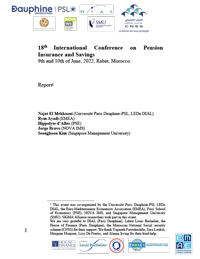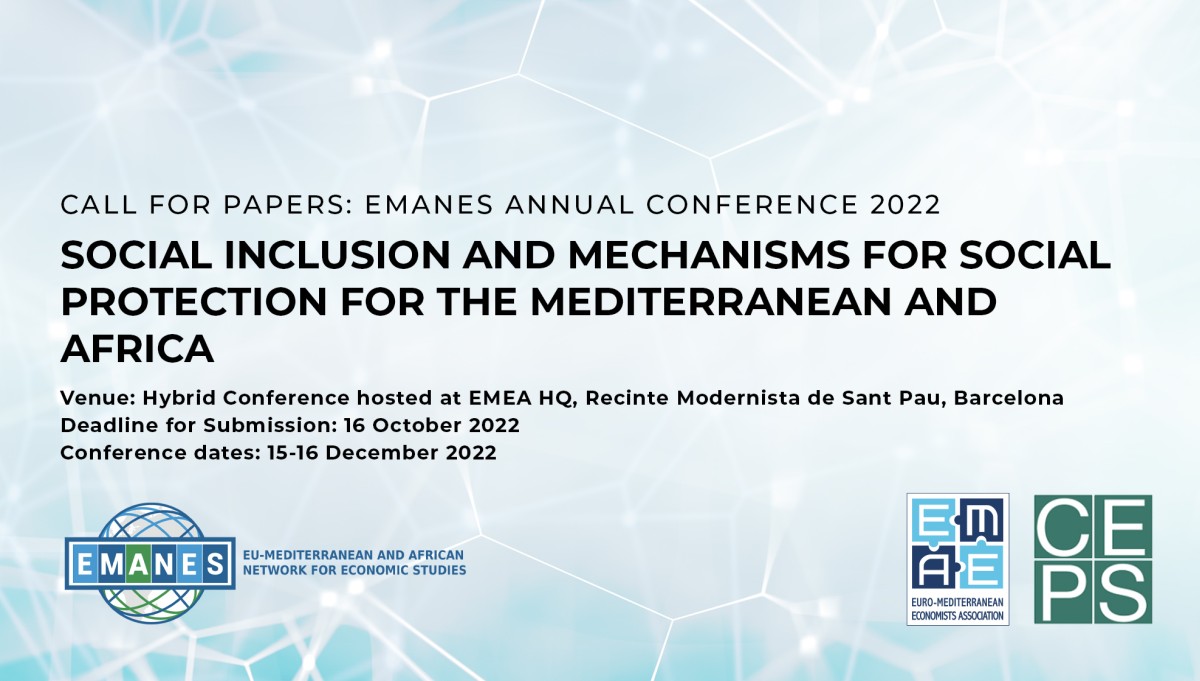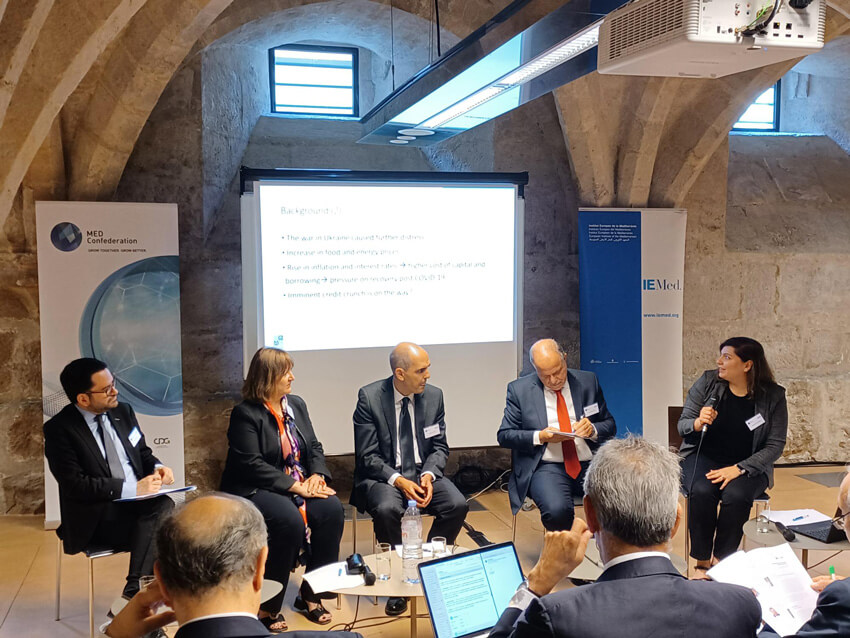The President Euro-Mediterranean Economists Association – EMEA, Prof. Rym Ayadi, participated at IPCC (Intergovernmental Panel on Climate Change), at the UN Climate Change Conference #COP25, which took place in Madrid on 02.12.19
Prof. Ayadi participated at the IPCC side event “Climate Change in public policy”, along with Patricio Leyton LLM from Georgetown University – Professor at Universidad de Chile Law School and Partner at FerradaNehme, Patricia Morales – Economist. Université Catholique de Louvain (Belgium) and Paris School of Economics (France), CEO Cortés Solari Philantropy, Sonia Espanol – PhD MERI Foundation, and David McGlinchey – Senior Director, Communications & Government Relations, of Woods Hole Research Center (WHRC).
The event highlighted the urgent need to continue to produce knowledge in all areas related to Climate Change, but above all, to translate existing knowledge into public policies, in such a way that the international community has a regulatory framework, and multisectoral public policies, according to the holistic vision required by the challenge of climate change.
Prof. Ayadi emphasised the importance to mainstream climate change (CC) in all governments policies. Mainstreaming means integrating the CC adaptation and mitigation into government policies, institutions and decision making at regional, national and local levels. She warned that for mainstreaming of CC in public policy to be effective there must be 1) access to information and unbiased scientific knowledge and a high level of public awareness, 2) stakeholders involvement and strong coordination – all Ministries, Central Banks and regulatory authorities at national (and regional) level must be involved and active on CC mitigation and adaptation policies; 3) monitoring all efforts to assess progress on CC mitigation and adaptation and define credible targets to achieve under strict timelines.
She however, explained that there is little progress on CC tangible actions and results and that CC worse case scenarios are in the process of being materialised. She recommended that global, regional and national sustained actions must target the highest polluting sectors and that these sectors’ contribution to pollution must penalised credibly. She also pointed to the role of the banking sector that continues to finance the brown economy and that no sufficient regulatory action is put forward to curb this.





